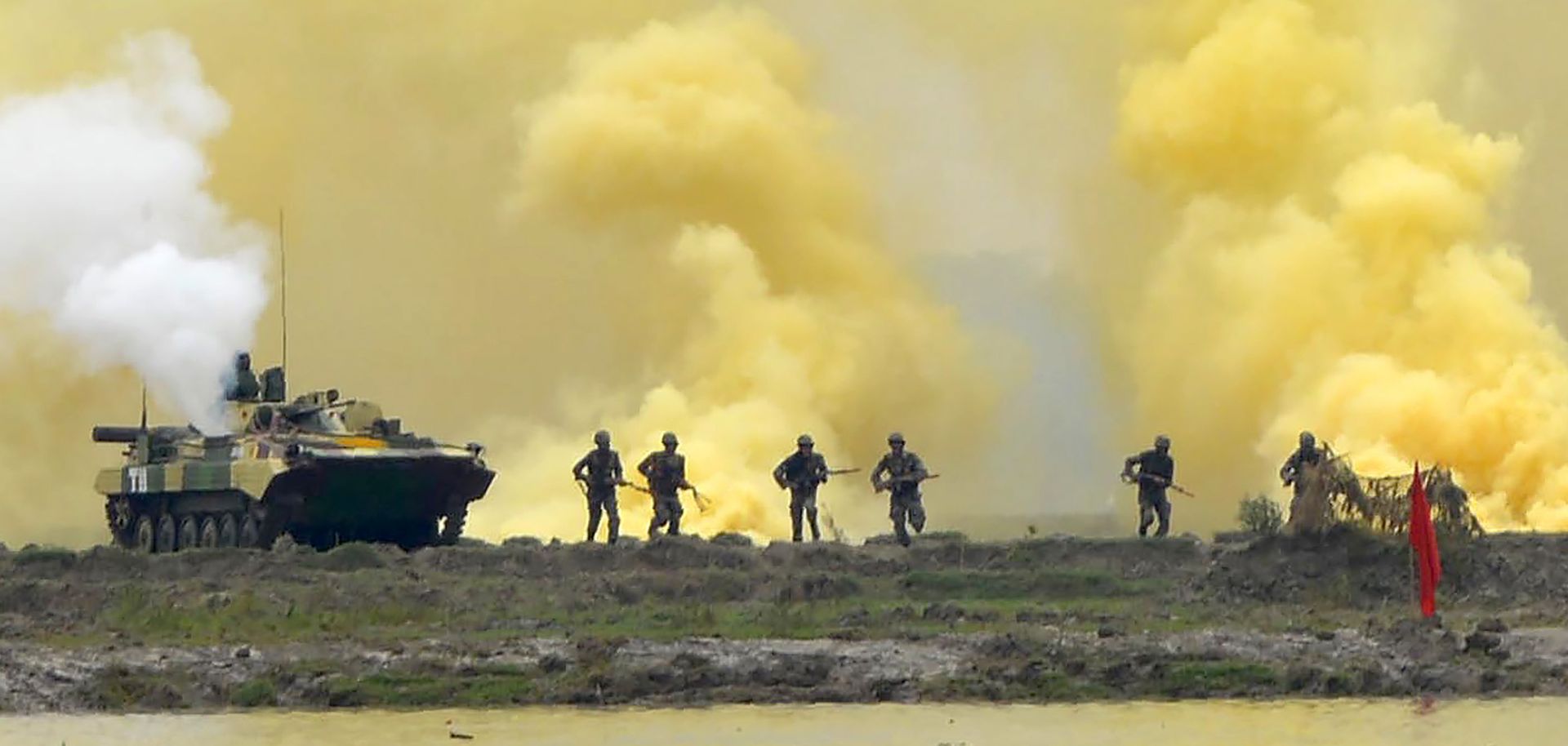South Asia is not known for its stability, but India and Pakistan's military strategies could lead to greater insecurity in the region. Nuclear weapons, particularly tactical nuclear weapons that are launched on the battlefield, have been introduced into India and Pakistan's military calculations, causing both sides to re-evaluate their policies. Originally, India's unofficial military doctrine, Cold Start, relied on rapid, flexible conventional military operations to strike Pakistan while avoiding a protracted war that could increase the likelihood of nuclear retaliation. But Pakistan countered by developing a tactical nuclear response that made the prospect of large-scale fighting too risky for New Delhi and Islamabad. Nevertheless, India has sought alternate forms of deterrence against Pakistan's asymmetric tactics. Using more limited military strikes, or "surgical deterrence," India will decrease the chances of a wider conflict erupting. Still, escalation will remain an underlying risk....

